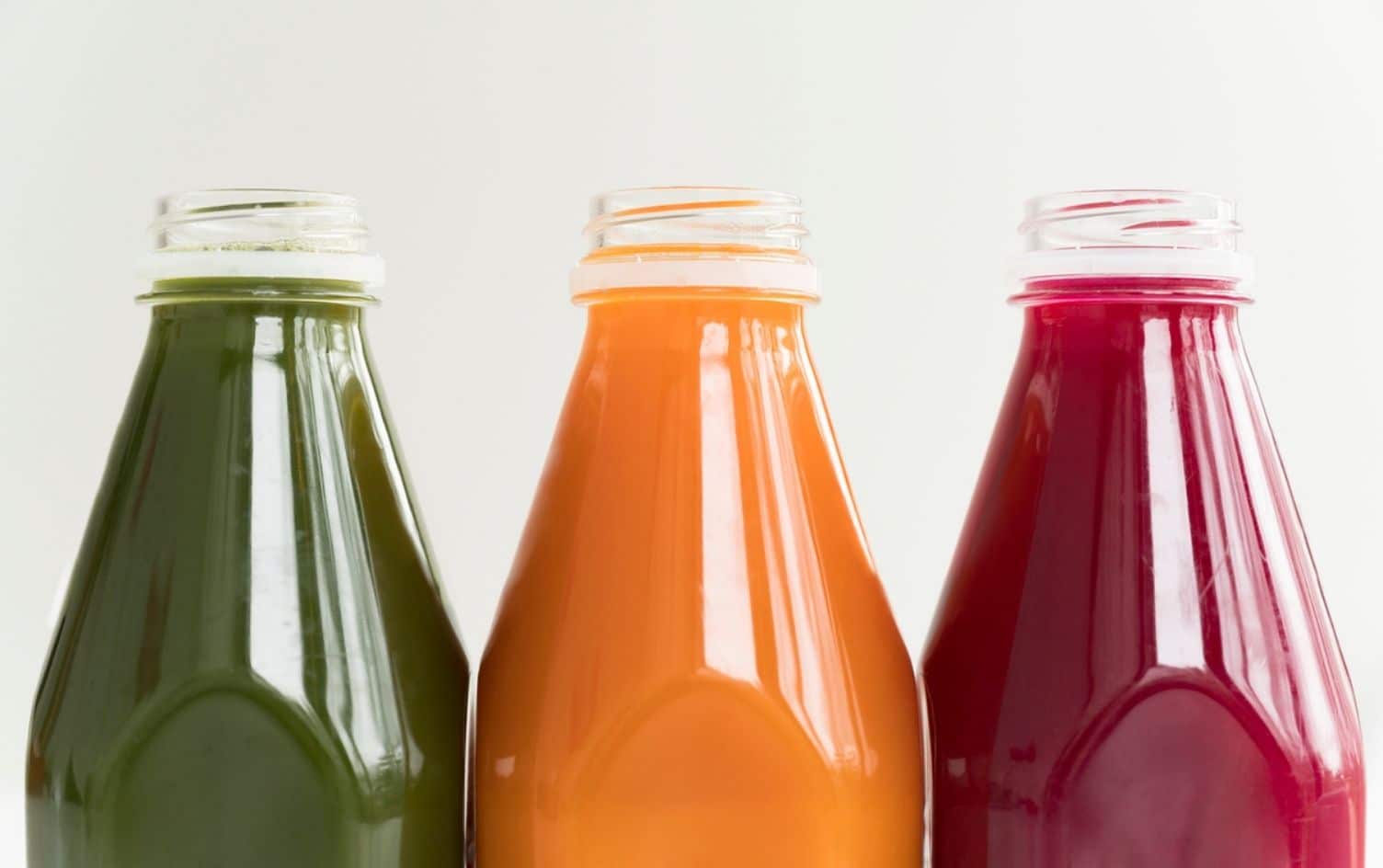Fruit juices have long been a beloved fixture in refrigerators and served at restaurants across the world. For years, orange juice, in particular, was pushed as part of a balanced breakfast, depicted in countless commercials alongside other morning staples. But as nutrition priorities have evolved, placing greater emphasis on calories and sugar intake, doctors and nutritionists began to view fruit juice as high-sugar, high-calorie drinks that should be consumed in moderation.
Many fruit juices contain about the same amount of calories as soda, and Harvard research concluded our bodies metabolize the natural sugar in juice the same way as the added sugar in soda. Considering that added sugar is associated with weight gain, an increased risk of Type 2 diabetes, cardiovascular disease and reduced longevity, it’s a sobering fact. It’s worth noting the difference between drinking 100% juice and sugar-sweetened beverages masquerading as juice is significant — the former has health benefits, including essential vitamins, while the latter’s health benefits are lacking.
THE TRUTH ABOUT JUICE
“Fruit juices are a very concentrated source of sugar,” says Sarah Rueven, MS, RDN, noting that three apples yield just 1 cup of juice. While it would be difficult to eat three apples in one sitting, it is very easy to drink a cup (or more) of juice at one time. “Excessive intake of sugar can lead to health issues such as weight gain and diabetes,” she adds.
Another issue is that juiced fruits and vegetables are stripped of their fiber. “Fiber aids in digestion, helps keep us full and promotes gut health and immunity, among many other benefits,” says Rueven. “When we replace fruits and vegetables in their whole form with juices, we are missing out on all of this beneficial fiber.” She also notes that fiber helps slow our body’s response to blood sugar. Without enough fiber, blood sugar spikes quickly and then crashes, leading us to crave more sugar.
If you are going to drink juice, Rueven suggests filling your glass with fresh-pressed juice rather than a store-bought variety. “Many packaged juices found in the grocery store have added sugars in addition to the natural sugars coming from fruit,” she says. When making juice at home or buying a fresh-pressed juice, she suggests choosing an option that is primarily made up of vegetables, which cuts back on the total sugar content.
CLICK TO TWEET THIS ARTICLE > Here’s the sugary truth on juice from the experts at @myfitnesspal. #myfitnesspal
HEALTHY ALTERNATIVES
If you’re craving the fresh, sweet taste of fruit, eat it whole. “Fruit is loaded with beneficial nutrients like fiber, antioxidants and vitamins and minerals,” says Rueven. Smoothies are also a great option. Since they’re made by blending whole fruits and vegetables, the fiber stays intact, so you get the health benefits with each sip. Of course, water is always a smart choice, so be sure you’re getting plenty of H20 and not replacing necessary water with juice or other sugary drinks.
THE BOTTOM LINE
Juice can be part of a balanced diet, but it should be consumed in moderation. The Harvard study referenced above says individuals wishing to control their weight should especially moderate juice intake. If you do drink juice, try to focus on vegetables instead of fruit. Even better, try smoothies for a similarly delicious treat, or eat whole produce. Both options fill you up with fiber and can help you reduce your sugar consumption.
Ready to take the next step? Unlock MyFitnessPal Premium to access custom goal settings, quick-log recipes, and guided plans from a registered dietitian. Premium users are 65% more likely to reach their weight loss goals!




